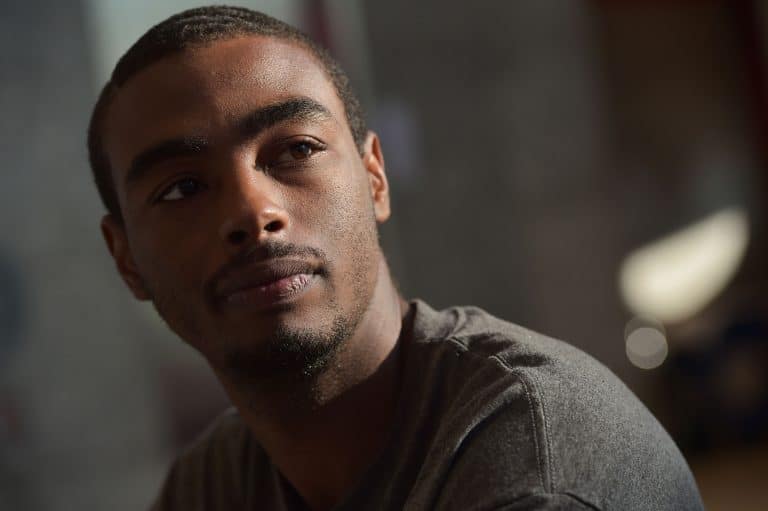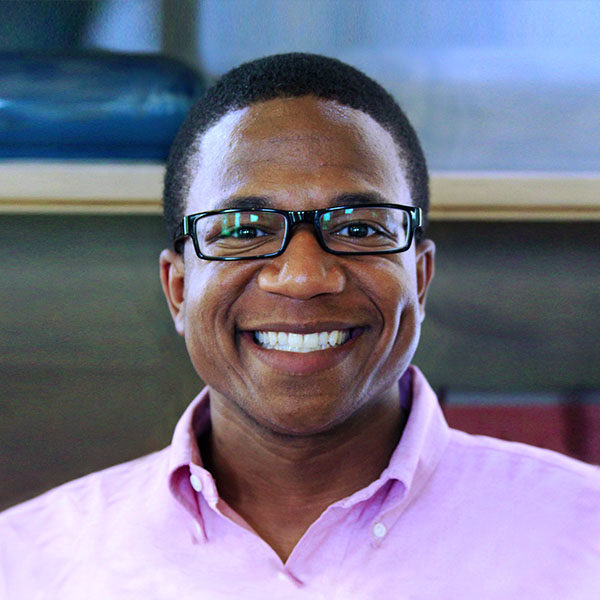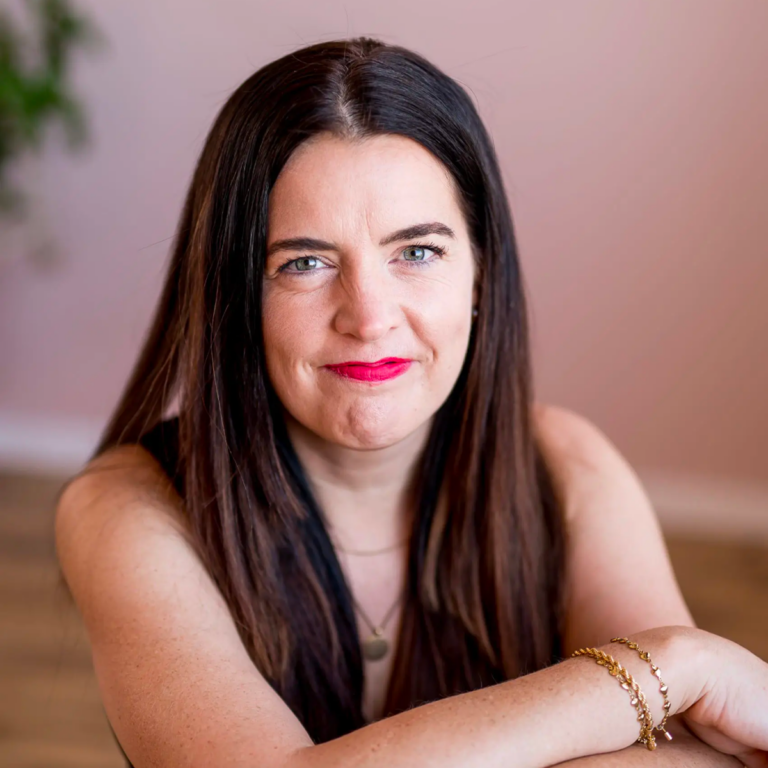
Image by Mandel Ngan/Getty Images, © All Rights Reserved.
When You Try to Change People That’s Not Love, It’s Domination
In an interview conducted nearly thirty years ago, social visionary bell hooks had this to say about love and domination:
“I want there to be a place in the world where people can engage in one another.”
While hooks was discussing racial and gender representation in film, her statement can be broadly applied to relationships at home, in neighborhoods, in cities, and across whole societies.
To say “I want there to be a place in the world where people can engage in one another’s differences in a way that is redemptive” is to exercise one’s moral, social, and theological imagination. It is to pray and think expansively, imagining a world yet unborn into being. It is to recognize that difference need not be an occasion for brutality, but an occasion for mutual enhancement.
“I want there to be a place in the world” is the line poets, musicians, and storytellers utter before composing and what first-time parents pronounce while staring at their sleeping newborn: the desire to see one’s significant other or child or close friend given the space to flourish as themselves, not as someone else.
Qualifying “I love you” with “In order to love you, I must make you something else” is to use love as a pretext for domination, not as a springboard for generative companionship. To say, “In order to love you, I must make you something else” is to blur the good news that a loving God and community receive us as we are, not as we want to be or pretend to be. Much of Christian preaching and formation emphasizes the latter — the pretending — which feeds the pious-sounding quip:
“God loves you just the way you are, but too much to leave you that way.”
While well-meaning, that statement plays into the assumption that God will love us more as we become something or someone else.
Domination is the attempt to change others, recast them, remake them, possess them, control them. Domination is what took place in the Canadian residential schools. Masterminds of the schools thought they were being loving toward the indigenous people they enrolled, but they were actually practicing a logic of colonialist domination.
Domination is an uncreative, if convincing, imitation of love. Love says, “I receive you as you are and want to imagine a world in which you are received as you are,” exposing domination as a failure of imagination; love is imagination when it is given permission to meditate on endless possibility. Like planting a seed, watering it, and watching it become the tree you always knew it was. The seed isn’t being made into something else, but is living out its fullest potential, the way a sculptor discovers her subject in a block of stone. This is one way of seeing the life of love, or what the Rev. Marcus Halley calls “episodes of grace,” a series of moments in which we are awakened to the unique ways in which we are loved by God; not possessed, recast, or remade by God, but loved.
It is difficult for many of us to discern the difference between love and domination because so much of what we’ve been told was love throughout our lives was actually domination. This was apparent to me in a coffee shop conversation I had with a person who had recently disclosed to their closest family members that they are transgender. After two years of conversations with those family members, that person was given an ultimatum by a sibling:
“We will always love you, but either you allow us to refer to you by the pronouns and name we grew up using for you, or we will be forced to end our relationship with you.”
This friend went on to say that nothing hurt more in that conversation than their sibling’s “but.” “That single word negated every word that preceded it,” they said. The sigh of relief my friend needed to breathe would have come had they heard they are loved and received as they are, full stop. No caveats, fine print, or need to pretend that they are something that they aren’t.
When Christians celebrate and receive the presence of God in the bread and wine of Eucharist, we hear what my friend so desperately wanted to hear from their family. This doesn’t mean that my friend, or any of us, is looking to simply feel good about ourselves, but that we yearn to be fully known, seen, and loved.
Public theology is at its best when it creates the space necessary for people of various gender identities, religious affiliations and non-affiliations, ethnicities, and economic levels to be known as their full selves, not pushed into a mold not meant for them. It is being less concerned about finding surface-level common ground than about holding space for people’s unique experiences of divinity and humanity.


Share your reflection